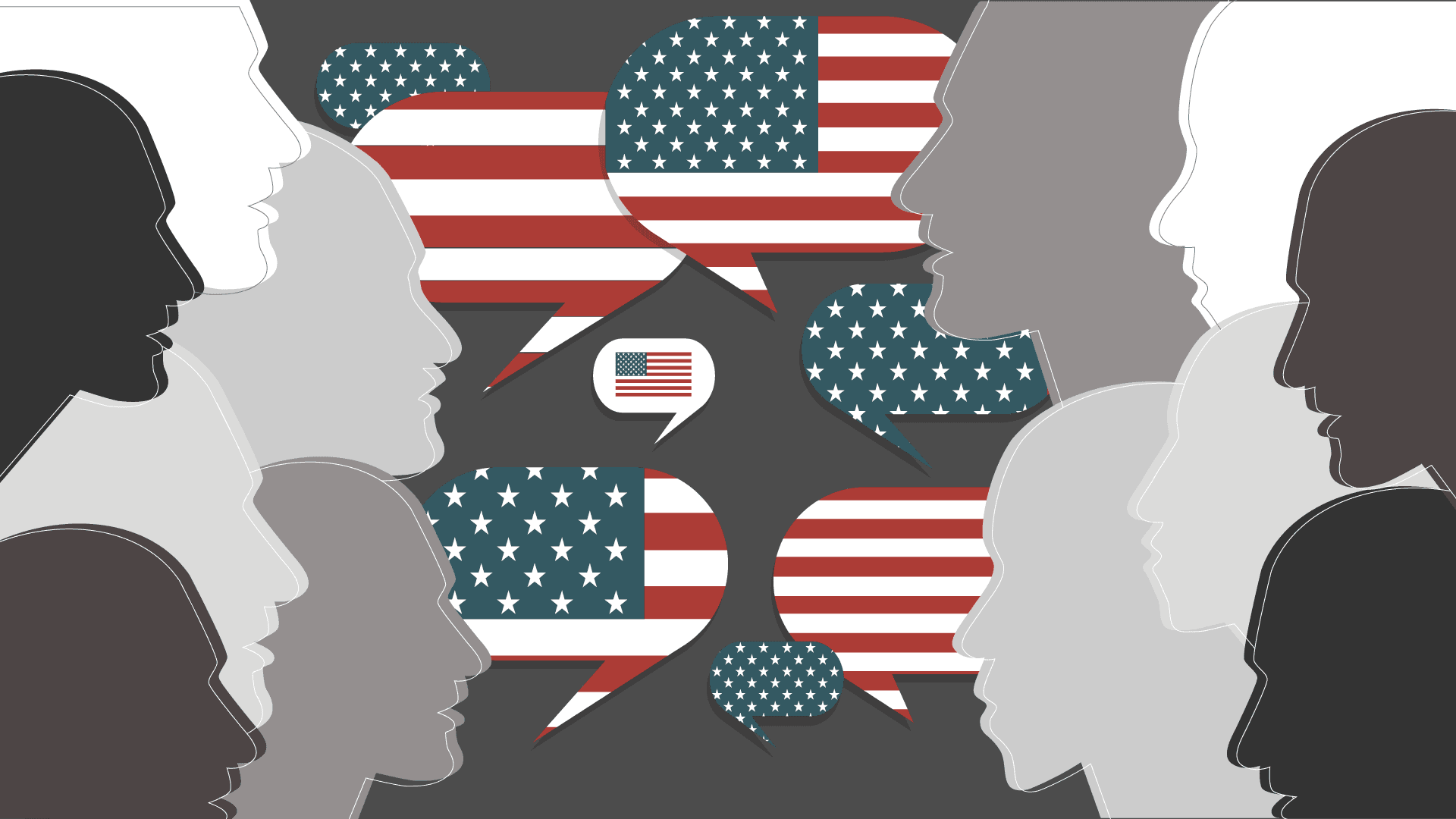Taking Apart the Language of Politics
NSF Grant Funds Study to Understand Link Between Language Use and Voting Decisions

Illustration by iStock
UMD researchers will use natural language processing and machine learning to analyze the language used in the U.S. Congress in an attempt to understand how legislators decide how to vote, before expanding beyond politics.
Up to now, computational models in political science often zeroed in on decisionmakers’ characteristics—where they’re from, their party, their age—but a new UMD project goes a step further, adding how lawmakers use language to analyze why they vote the way they do.
A $430,000 National Science Foundation grant is funding the two-year study, which will examine both metadata about individuals and the language they use to help predict when and why two people will make the same choice—in this case, starting with why two congressional legislators vote the same way, and later expanding to why two social media users might share the same content, or why two scientific authors cite a specific paper or not.
This study of shared language could provide new insight into how legislators work together, how policy ideas can gain momentum, and how legislative relationships that may be independent of party are important even in these partisan times, said Kris Miler, an associate professor in the Department of Government and Politics and co-principal investigator on the project.
“As a result, this research will develop a better understanding of the dynamics of disagreements within the parties, and the cohesion of other caucuses within Congress,” Miler said. “Equally as important, language can identify commonalities and potential areas of agreement between legislators that otherwise might go unnoticed.”
The NSF project will use advanced natural language processing and machine learning techniques to develop a much deeper understanding of what goes into these types of decision-making processes, with detailed statistical modeling of the language that legislators use when talking about issues in floor speeches, as well in the language of the bills they draft.
If legislators frame issues in similar ways, for example, does that mean they are more likely to make similar decisions where those issues are concerned? Does the use of emotional language magnify persuasive power, or, conversely, increase polarization?
The project’s principal investigator, Philip Resnik, a professor of linguistics with an appointment in the University of Maryland Institute for Advanced Computer Studies, said the project’s broad-ranging nature promised to create a more comprehensive understanding than the disciplines working alone could.
“This is a great opportunity not only to develop new computational techniques, but to bridge the gap between technology and social science,” he said.
College of Arts and Humanities College of Behavioral and Social Sciences